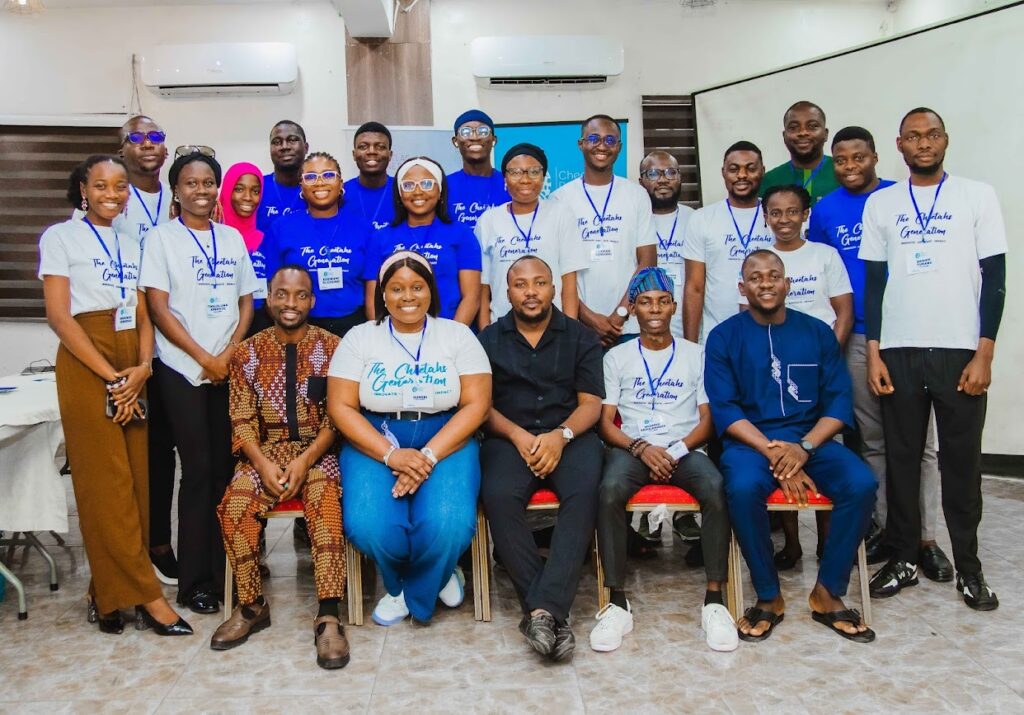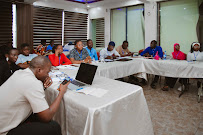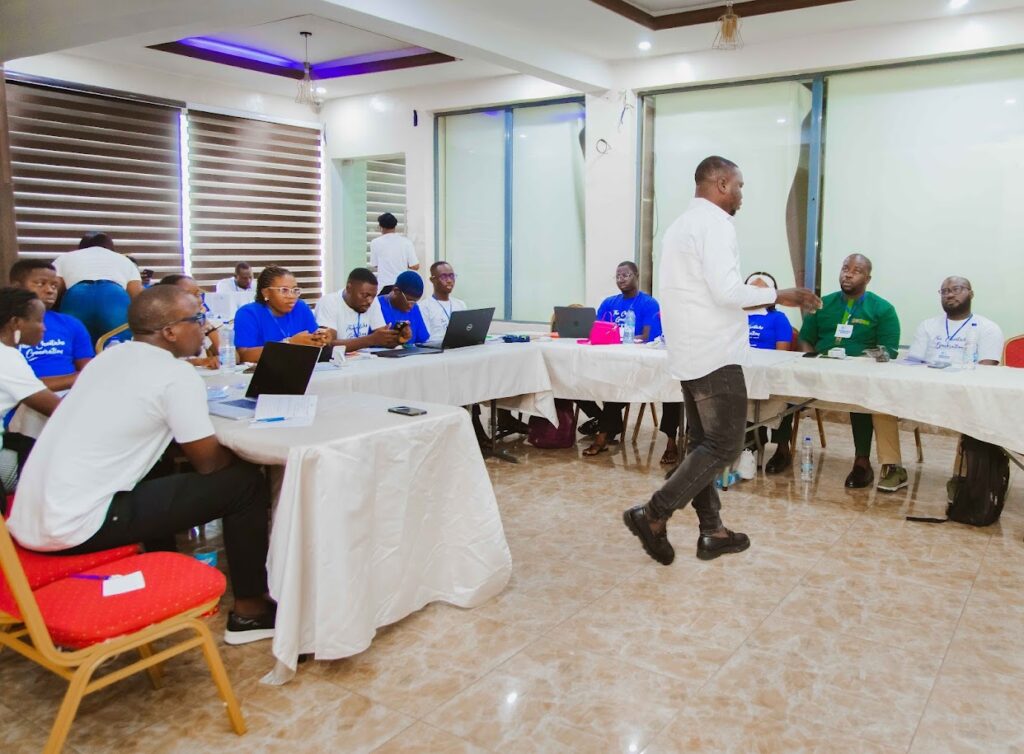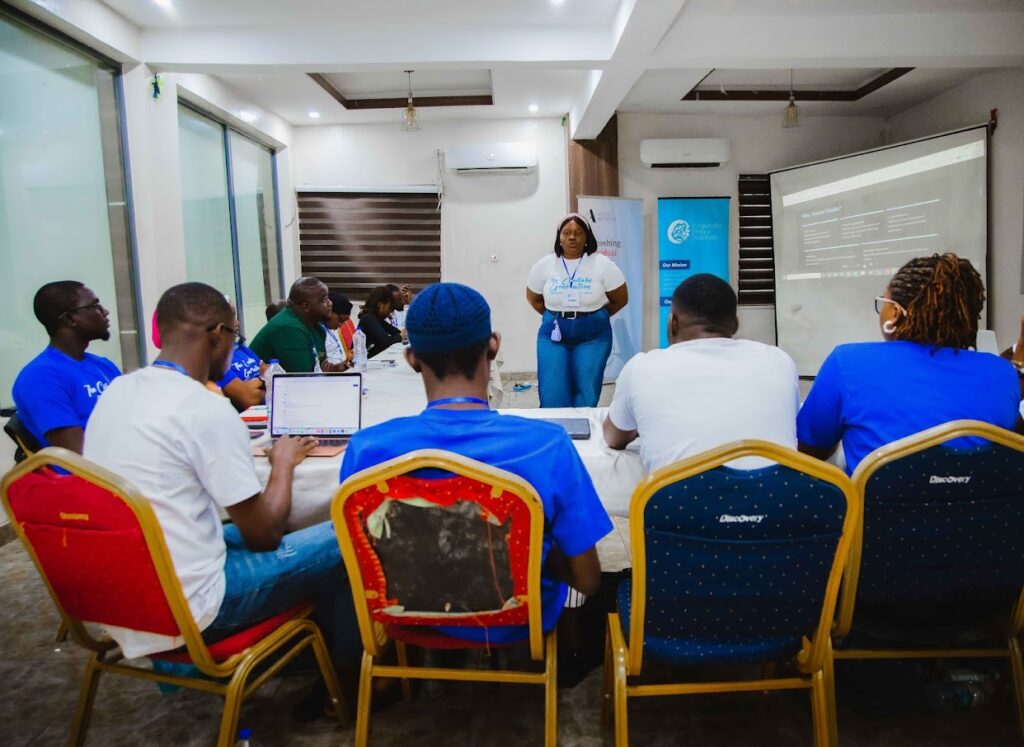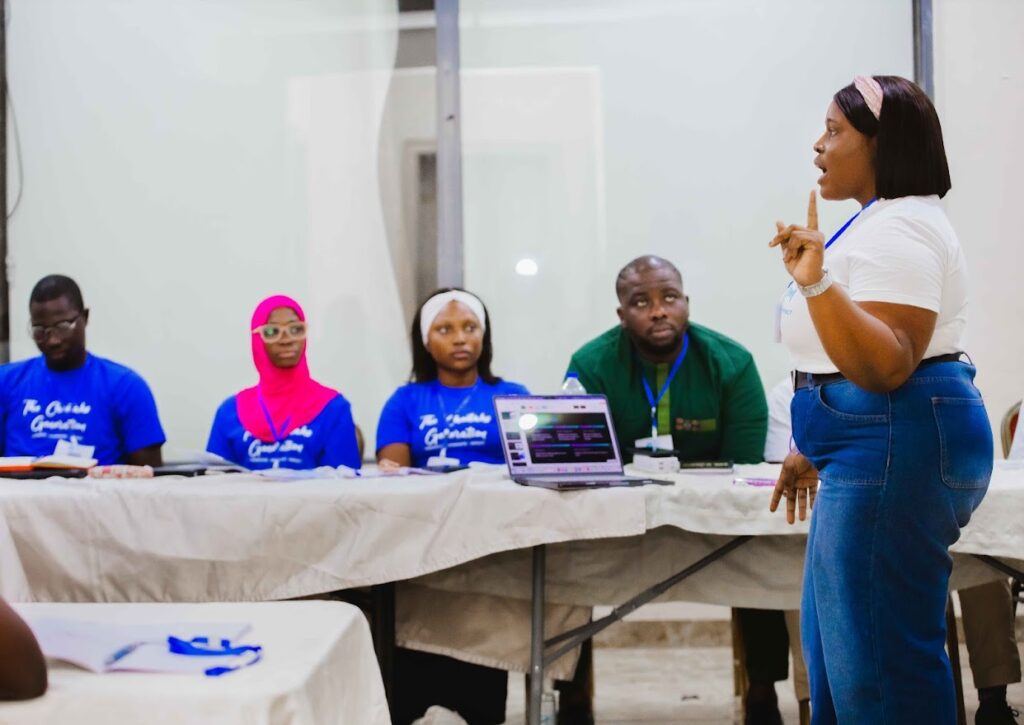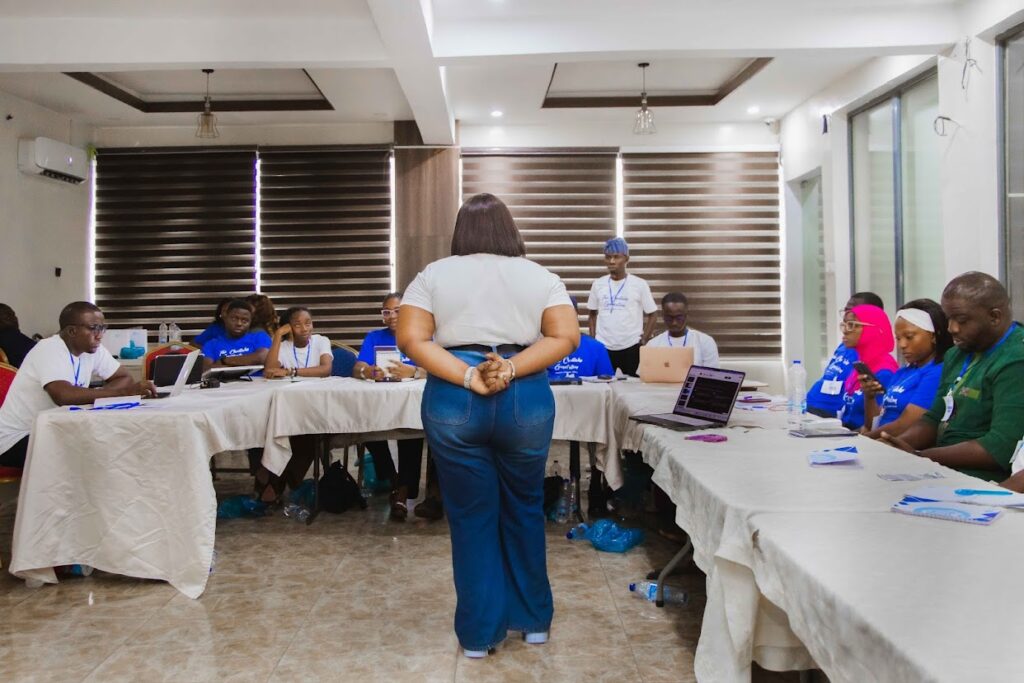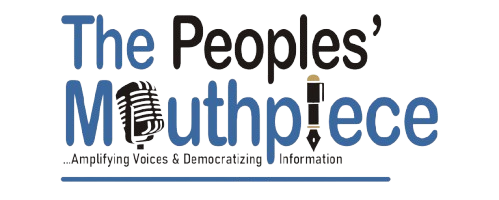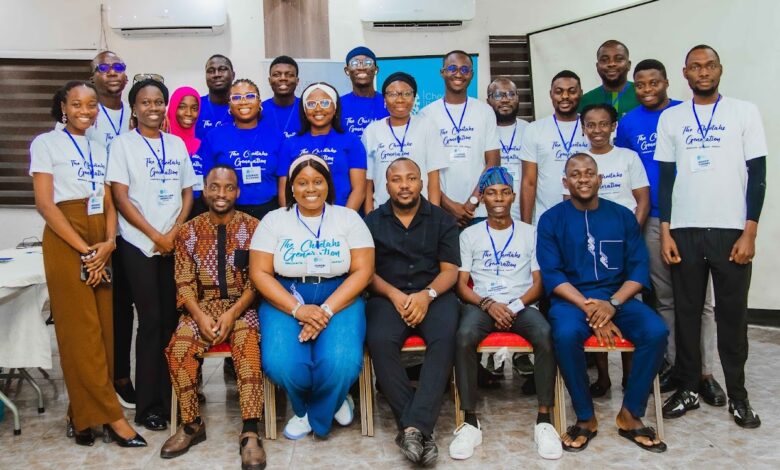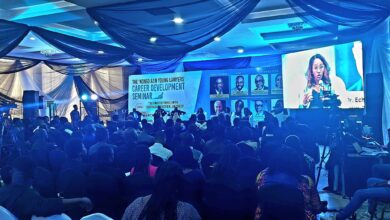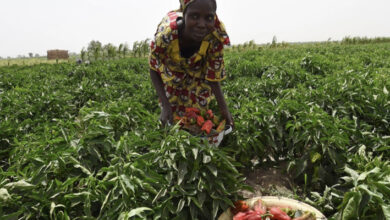Cheetahs Policy Institute trains 20 young Nigerian leaders in Ibadan
Youth leaders trained to address Africa’s policy challenges
The Cheetahs Policy Institute, a Nigerian policy-focused NGO, has trained twenty young Nigerian leaders in Ibadan through a two-day Public Policy Leadership Bootcamp held from September 12–13, 2025, designed to equip participants with analytical skills, practical tools, and ethical grounding to address Africa’s policy challenges.
The bootcamp opened with Introduction to African Public Policy, facilitated by Dr. Dotun Famoriyo, founder of the Institute. Participants explored the historical foundations of governance, colonial legacies, and the influence of policy on social outcomes. Dr. Famoriyo stressed that policy decisions shape the distribution of power, resources, and opportunities, urging the cohort to interrogate Africa’s policy frameworks instead of adopting external models.
Following this, Faozy Gazaly led the session on Key Policy Challenges in Africa, assessing urgent issues such as inequality, poverty, fragile institutions, and environmental risks. Gazaly encouraged participants to generate solutions rooted in local realities rather than rely on foreign strategies that often fall short in African contexts.
Reflecting on the conversations, participant Adewunmi Adebimpe said,
“What is the place of evidence in policymaking? Do we, in Africa, truly contextualize our problems, or are we at risk of becoming policy copycats?”
Her observation revealed the bootcamp’s emphasis on ensuring that evidence-based policy is drawn from lived realities, community contexts, and practical application.
Other facilitators broadened participants’ perspectives across critical areas. Bayonle Fesobi led the session on Education Policy in Africa, examining challenges of access, equity, and quality, while highlighting creative solutions for improving learning outcomes. Stephen Oyedemi delivered Tools and Techniques for Analysing Public Policy, introducing evaluation methods, data-driven processes, and assessment frameworks to aid participants in turning research into actionable outcomes.
Abdulhammed Musodiq Adeniyi facilitated a session on Climate Policy in Africa, stressing mitigation, adaptation, and the continent’s exposure to climate impacts. Chief Solomon Adewole addressed the International Dimensions of African Public Policy, explaining how foreign investment, development aid, and trade influence domestic priorities, urging participants to adopt a strategic view of global factors.
Dr. Ayodeji Ogunleye handled Health Policy in Africa, examining systemic gaps in healthcare delivery and sharing examples of successful models across the continent. Group activities and interactive exercises reinforced learning through icebreakers, debates, and practical training in policy communication and social media advocacy. Dumebi Mercy facilitated the wrap-up session, helping participants synthesise insights and frame actionable strategies for their communities.
One highlight of the bootcamp was a pitch competition where participants presented innovative community projects and policy solutions. The competition, judged by Dr. Ayodeji Ogunleye and Tosin Ogundeyi, Executive Director of IFREME, tested participants’ analytical capacity, creativity, and planning skills while demanding persuasive presentations before experts.
Participants described the event as transformative. Sofiyyat Bolanle Lawal reflected,
“The program challenged my assumptions about policymaking. It pushed me to think critically and develop solutions that truly reflect African realities.”
Others noted the sessions built their confidence to take part in policy conversations, advocate reforms, and approach leadership with innovation, integrity, and creativity. The bootcamp closed with an awards ceremony honouring outstanding contributions in debates, breakout activities, and the pitch contest. Organisers emphasised that the event aligned with the Institute’s mission of raising a new generation of African leaders committed to ethical decision-making, contextual policymaking, and critical thought.
According to the Institute, the Ibadan bootcamp was more than training—it was an investment in Africa’s long-term future. By equipping twenty emerging leaders with networks, knowledge, and skills to influence governance, the programme aims to encourage evidence-based, locally relevant, and sustainable solutions across Nigeria and beyond.
Participants departed Ibadan motivated and empowered, renewing their commitment to reshape governance and development in their communities. The Institute expressed optimism that the skills gained—including lessons from interactive sessions and the pitch contest—would enable participants to translate theory into action and effectively address local challenges.
As one participant, Oyejobi Damola, a data analyst, remarked,
“The bootcamp showed me that leadership is not just about holding positions. It is about understanding problems deeply, listening to communities, and creating solutions that work in our context.”
With these twenty young leaders returning to their communities, the Cheetahs Policy Institute expressed hope that the Ibadan bootcamp will trigger a ripple effect, inspiring evidence-based, innovative, and locally rooted policies across Nigeria and Africa.
Bootcamp pictures here and some below;
